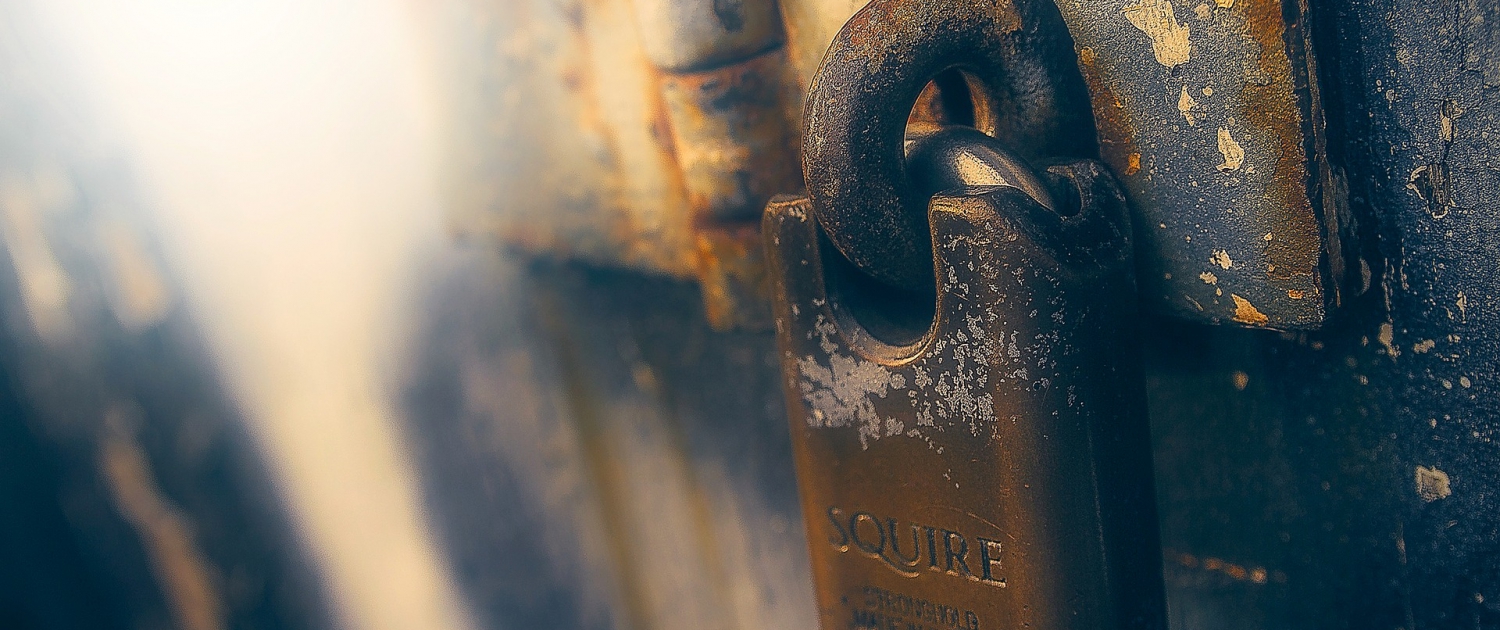Locks and security
Changing locks – reasonable excuses
Reasonable excuses for altering, removing or adding a lock/security device include:
- there was an emergency
- you (or the landlord) had to comply with an order of the NSW Civil and Administrative Tribunal (NCAT)
- the tenancy of a co-tenant was terminated
- a tenant or other occupant was excluded from the premises by an apprehended violence order.
A copy of a changed key or other opening device need not be given to the other party if:
- they agree not to be given a copy, or
- the Tribunal authorises a copy not to be given, or
- they are excluded from the premises by an apprehended violence order.
Changing locks without agreement or excuse
It is an offence for you or the landlord/agent to alter, remove or add a lock or security device:
- without agreement of the other party, or
- without a reasonable excuse.
If the landlord/agent changes locks, you can complain to NSW Fair Trading. See Complaining to NSW Fair Trading and get advice from your local Tenants Advice and Advocacy Service.
‘Reasonable’ security
The law does not say what ‘reasonable’ security means. The Tribunal decides this on a case-by-case basis (see ‘Applying to the Tribunal for orders’ below).
In the Sydney metropolitan area, it could mean double-cylinder deadlocks on the main doors and locks on the windows. In the inner city, it could also mean bars on ground-floor windows but in a rural area, this is unlikely.
If you believe the locks and security are inadequate:
- Ask an insurance company what locks and security devices it requires before it will insure your home contents. (Get this in writing.)
- Write to the landlord/agent and ask that they install the required locks/devices.
If the landlord/agent does not install the locks/devices as requested, they may be in breach of their obligation to provide ‘reasonable’ security.
Related Tags: NSW Housing Locksmith Lidcombe, locksmith near me, Locksmith Auburn, locksmith bankstown
A locksmith is a person who works with locks, keys and security systems. Locksmithing is the profession of a locksmith.
Locksmiths fix broken locks, make keys, and install security systems like alarms.In most countries locksmiths must follow a strict set of rules. In some countries locksmiths start as apprentices. In others they must get a certificate or degree after training at a school or university.
The services of a locksmith stretch further than just opening or replacing locks and can take many years to perfect the profession.Many locksmiths attend their customers on site or from a shop premises. Locksmiths will provide services for gaining entry to locked car or house or any other lock, replacing locks when a lock fails or recovering key when a key is lost or extracting snapped or broken keys from existing locks. Many locksmiths will also be specialists in gaining entry to safes and hold extensive knowledge of domestic and commercial security.
Locksmiths commonly work with all types of locks. Other areas that locksmiths cover include auto locksmithing, safes and access control. These areas are specialist and require specialised training
One of the most commonly used metals that locksmiths use to make keys in Europe is steel. Locksmiths in the US, Australia, and New Zealand would use brass as their main material.
Mortise locks, commonly found on older buildings, are comprised of a pocket that is cut into the door (or other piece of furniture) to which the lock will be fitted. These locks were used before the arrival of bored cylindrical locks.
Аutomotive Locksmith can help out with getting new keys made for the car they can also make duplicates and push to start proximity fob keys as well. Usually automotive locksmiths are mobile and they get to their customers simply driving to the places.




